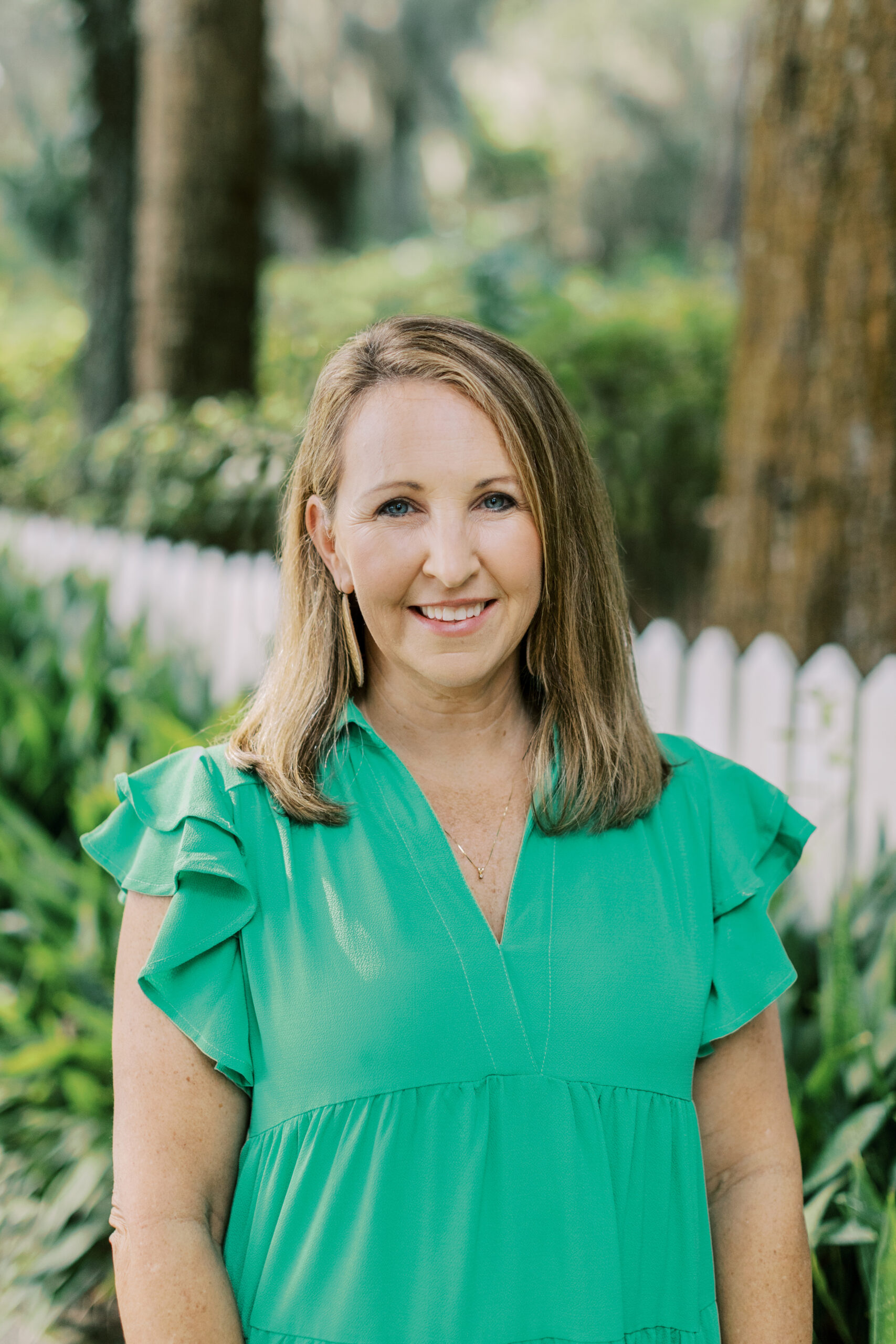written by Mandy Garola
May is National Cancer Research Month. Initiated and supported by the American Association for Cancer Research to raise awareness of the importance of lifesaving research, the monthlong program has a positive effect on the millions of people around the world battling this dreadful disease. From major donation campaigns to a simple act of human kindness through a volunteer’s thoughtful interaction, the more people know, the more they want to offer a helping hand. At CURE Childhood Cancer, we take this opportunity to remind everyone that far too often, it is children who are in the fight for their lives.
Every individual and institution in this battle is committed to eradicating cancer. Unfortunately, a specific statistic reveals a troubling trend regarding the flow of research dollars. Today, less than 4% of federal cancer research funding is allocated to solving childhood cancers, with precious little going toward precision medicine programs. At CURE, we aim to fund better research for children battling cancer.
Given this, what better time than National Cancer Research Month to share the successes we have seen in fighting childhood cancer?
No form of treatment shows as much promise as precision medicine. That is why, since 2017, CURE has invested more than $10 million since 2017 into programs that bring this innovative treatment option to children. Through precision medicine, genetic testing of a child’s tumor can reveal important changes that are driving the child’s cancer. This information allows doctors to make treatment decisions that turn off the specific cancer drivers. In this best-case scenario, a mutation is identified for which there is a drug known to be effective. But there are many other reasons sequencing is important. Genetic testing can confirm or change a diagnosis, change the risk stratification of the patient, identify an inherited genetic mutation, lead to treatment with a targeted drug as part of a clinical trial, or identify a mutation that is causing current therapy to be resistant.
Over the past five years, we’ve seen that, of children with access to tumor sequencing, 85% receive information that impacts their treatment.
Over the last 12 years, CURE has funded more than $38M in research, $2.4M in financial assistance for families, and served more than 150,000 meals in local hospitals. We are able to do this by fundraising throughout the year. We are headquartered in Georgia, and we directly serve Georgia families, but our research efforts have an effect worldwide.
During National Cancer Research Month, I encourage you to give, get involved, and take a moment to think about children and their families facing a cancer diagnosis. You can do more than you think to bring comfort and hope to those that need it most.
Please visit curechildhoodcancer.org for more information on CURE, Precision Medicine, and how you can get involved or donate.
As Vice President, Mandy Garola oversees CURE’s Patient Family Service Programs and fundraising initiatives in Savannah and South Georgia. Mandy joined CURE in 2014 after her daughter successfully completed her treatment for leukemia. Once her eyes were opened to the disease that plagues children and burdens families, she just couldn’t turn away. Her utmost desire is for all children who receive a cancer diagnosis from having the same opportunities as her daughter – to grow up and experience a normal life. Prior to coming to CURE, Mandy taught elementary school for ten years.

